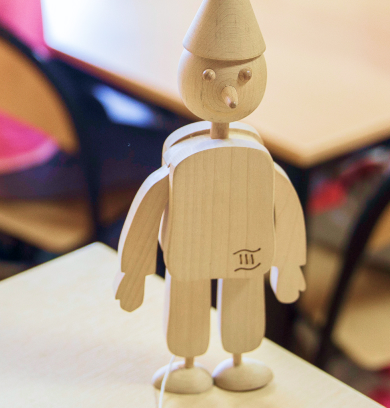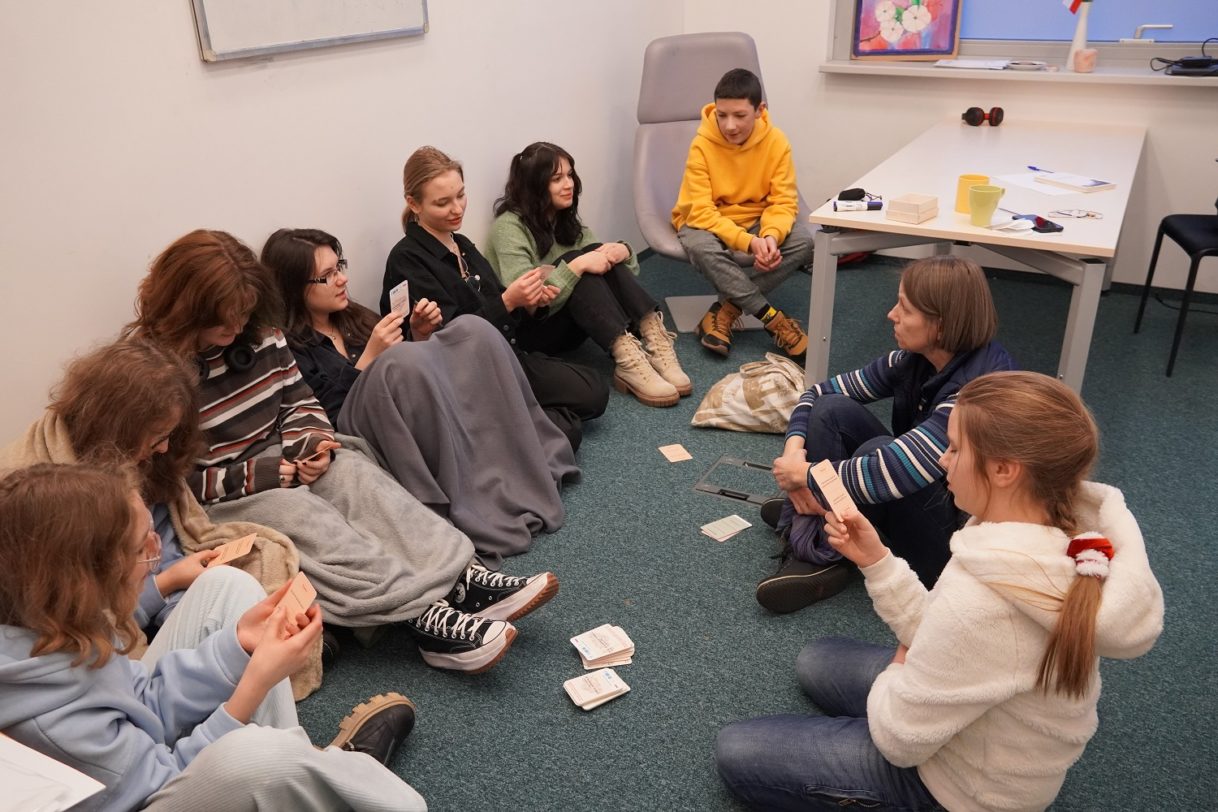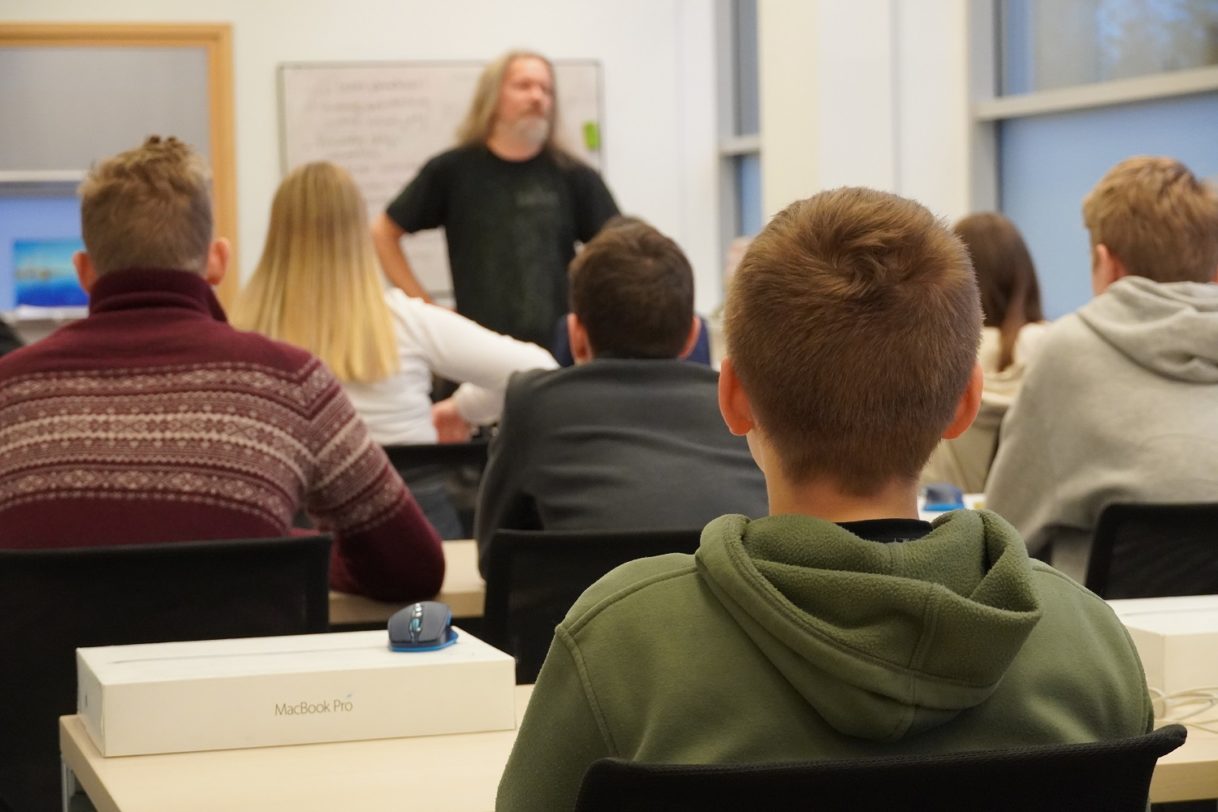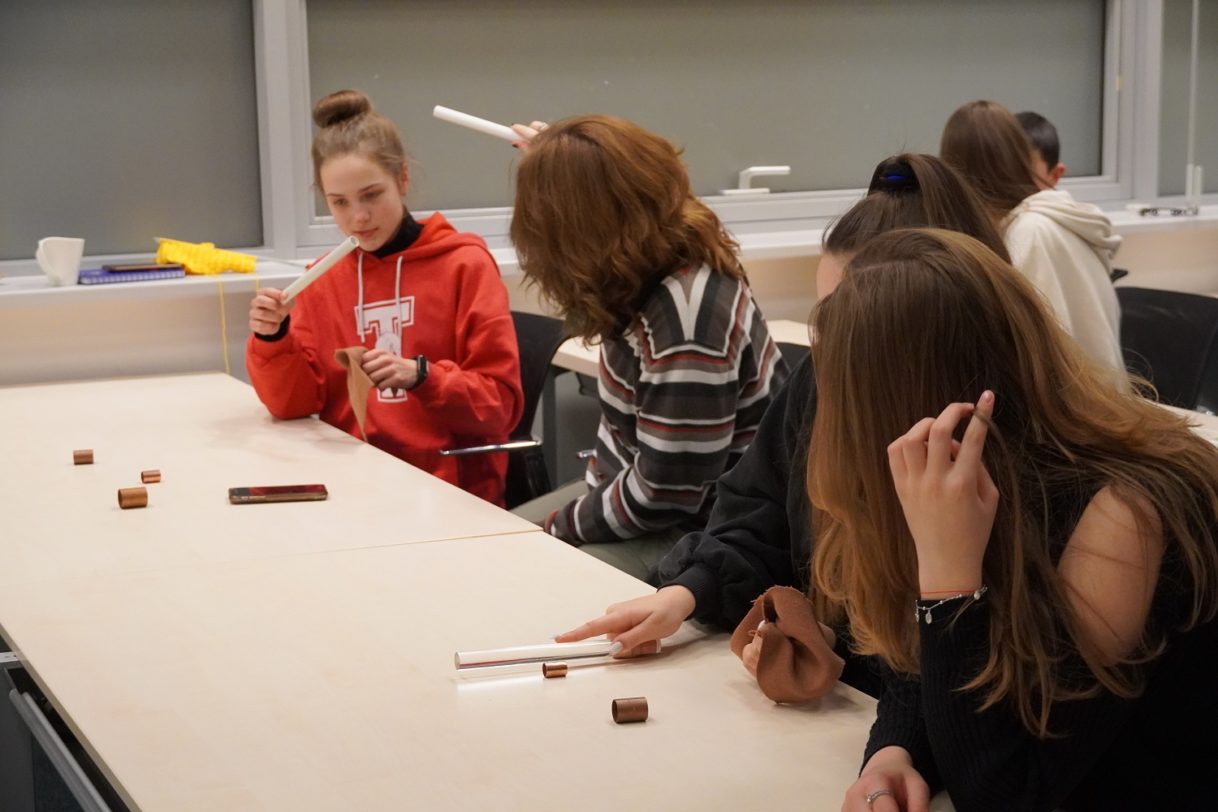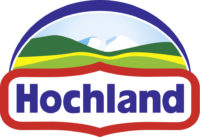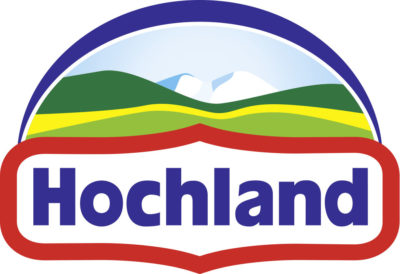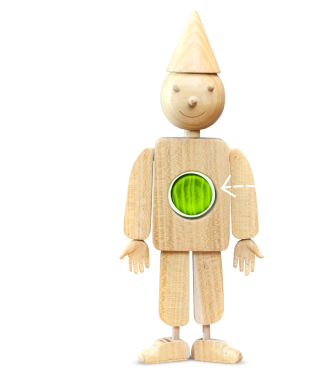Dear Sir or Madam, Friends,
In 2022, three decades of our humanitarian activity around the world had passed, and we had no doubt that we were looking at a unique moment in the history of PAH. Its uniqueness was not only reflected in the summaries that showed that in those 30 years we helped nearly 15 million people in 51 countries. The distinctiveness of 2022 was primarily due to the unprecedented scale of aid activities directed at Ukrainians.
The thirtieth year of PAH’s operation proved revolutionary. As in February of that year a full-scale war was unleashed in our eastern neighbour, the Polish society and donors from abroad placed great trust in us, providing huge support for aid activities. It was no coincidence. We had been working for this trust for many years, responding to humanitarian crises in the farthest corners of the world, but above all, helping in the long term in countries forgotten by the world.
This three decades long history has brought us to another turning point that will redefine our role in the world of humanitarian aid. For many years to come our attention will be focused on Ukraine, but we must not forget about other countries and our regional offices in Africa and the Middle East, which we are so proud of.
In 2022, we operated in 11 countries, responding to the needs related to access to clean water and food, safe shelter, education, health as well as legal protection and psychological support for people affected by humanitarian crises. In Somalia, we built latrines and water intakes for residents and internally displaced persons; in Kenya, we built sand dams and secured access to solar energy in schools; we provided financial assistance in Afghanistan; we supported medical facilities and doctors in Yemen, and in South Sudan we took care of the menstrual hygiene of girls and the mental health of children by building safe spaces for them.
It is known that the effects of climate change are already being felt in many countries of the Global South, which is why we are increasingly focusing on providing assistance in response to disasters caused by these developments. The projects we implement also include elements aimed at reducing the risk of natural disasters and are created based on state of the art and most ecological solutions.
For us, 2022 meant not only responding to the war in Ukraine, but also the beginning of permanent activities in Madagascar, the southern regions of which were affected by drought. This phenomenon has disastrous consequences for the food security of the inhabitants. The past 12 months have also been marked by the expansion of our operations in Poland. It is here that our next national office was established. It will focus primarily on activities for refugees from Ukraine. We have not forgotten about our educational activity, through which we raise awareness about global interdependencies and build solidarity with the countries of the Global South. We also run and expand the Pajacyk Programme: in response to changing needs it has also been providing psychosocial support, among others for children of Ukrainian origin who have experienced life as refugees.
The support from our donors – individuals, companies and institutions – that we have received in recent months will allow us to react faster and on a larger scale than ever before. We are extremely grateful for this trust. We have worked for it for over 30 years and are well aware of the responsibility that comes with it. We hope that in the coming years we will be able to continue working together for the benefit of people suffering from humanitarian crises.
We encourage you to read the report on our activities in 2022!

Grzegorz Gruca
Vice President of the Management Board of PAH




